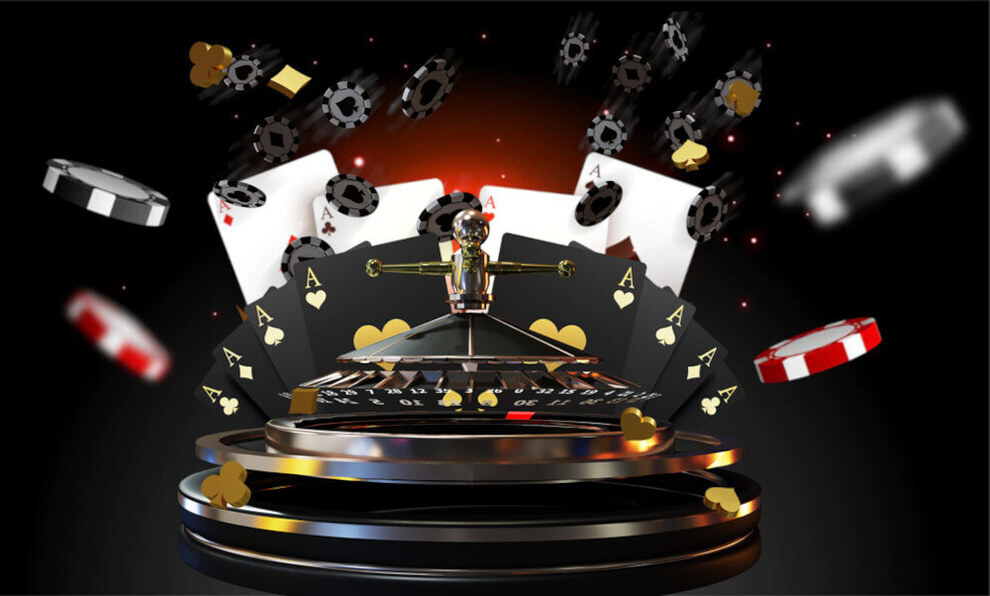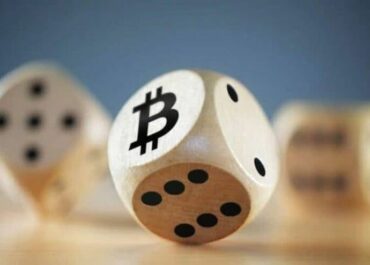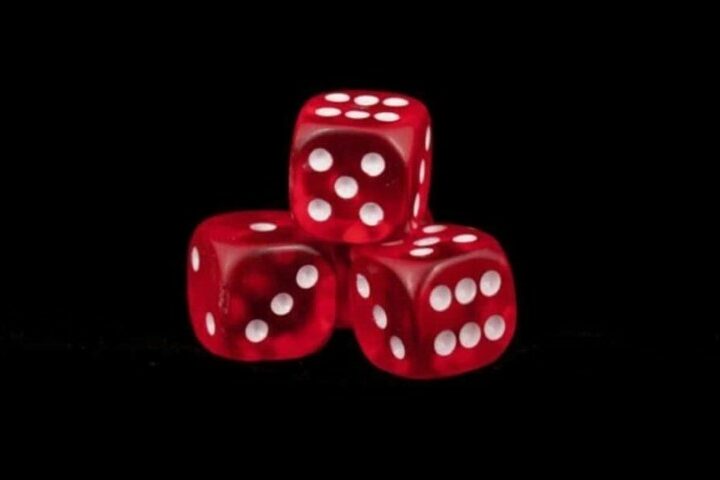Throughout most of its modern history, Ireland was a part of England before becoming a part of the United Kingdom. Given this, it should come as no surprise that Ireland’s gaming history is strikingly similar to that of gambling in the United Kingdom. Gambling, on the other hand, dates back considerably further than the English invasion of Ireland and even the advent of the Romans in what is now known as the “British Isles.” For as long as anybody can remember, Irish people have enjoyed gambling, even when they lived in the land of leprechauns and four-leaf clovers.
Earlier Times
Gambling was first mentioned in Ireland during the time of Conaire Mór, a High King of Ireland who reigned between 110 BC and 60 AD. These allusions can be discovered in papers from the time period. Bets were taken on the outcome of chariot races that occurred on a regular basis at Curragh, which is now regarded as the center of Irish horse breeding and the location of the Irish National Stud, a facility for the breeding of Thoroughbred horses controlled by the Irish government.
The Sport of Horse Racing
Horse racing has played an important role in the evolution of gambling around the world, especially in Ireland’s history. Bets on horse races became widely popular in Ireland not long after the practice became popular in England. Many Irish regulations and traditions were introduced from London when England conquered Ireland and made it its colony in the 17th century. This was especially true in the legal system. Both islands’ affluent elites regularly migrated between them, and the English had a substantial influence on both. One of the results was that horse racing became more structured and established, allowing individuals to place bets with greater certainty. Soon after, a slew of official bookie companies set up shop on Irish hippodromes, accepting bets from eager bettors. Because horse racing has long been popular in Ireland, it was not difficult to construct gambling businesses similar to those found in England. By 1751, 409 different locations around Ireland staged horse races, and you may bet on any of them.
For hundreds of years, horse racing was Ireland’s favourite form of gambling entertainment. It wasn’t until the 2010s that they experienced a significant drop in revenue, signaling the start of their demise. It has dropped from 282 million euros in 2007 to 169 million euros in 2016. Similarly, the number of regulated betting offices has consistently declined over the last decade, from 1,385 in 2008 to 850 in 2016. This pattern is likely to persist. This is not an Irish issue; rather, it is a global phenomena as horse racing continues to lose ground to other, more popular forms of gambling, particularly internet casinos.
Playing Cards
For the vast majority of the country’s history, gambling in Ireland was completely unregulated. The reign of London was always stormy, and the English tried not to stir the pot too much while also not worrying too much for the wellbeing of the Irish people. Regardless of these efforts, London’s reign was always aggressive. Aside from taxation, they provided wealthy landowners and local barons the majority of decision-making authority over local concerns. They had no reason to bother the locals, therefore they allowed different activities that they deemed to be excellent distractions, such as gambling. Although it was regulated and, on a few instances, outright forbidden in England, the Irish were allowed to continue playing their card games without interference from the authorities. The majority of gambling-related items were brought from England, which means that the majority of the games they played originated in France and Italy.
New Articles That Might Interest You – Casino With No Deposit Bonuses

- Online Casino No Deposit Bonus
- The Best Bonuses That Can Be Found at Online Casinos, and Reasons Why You Should Search for Them
- Casino Etiquette You Should Be Aware Of
- Gambling Advice for Compulsive Gamblers
- Advice on How to Improve Your Chances of Winning at Blackjack
- Best Sports Streaming Websites
- A Guide to Becoming a Master of the Art of Bluffing
- Big Break Video Slots
Independent Ireland Gambling
The Irish Free State was established in 1922, when Ireland was granted limited independence. Ironically, this was also the time when the island’s first gaming prohibitions were implemented. The Betting Act was enacted in 1926 to put a stop to illegal bookies. Following that, the government would begin awarding booking licenses, allowing it to exercise strict control over gaming and, more importantly, collect taxes. The Betting Act, approved by Congress in 1867, provided the groundwork for the legal framework that governs gambling in the United States today, more than two centuries later. Bookies must display their licenses prominently whether they conduct business in traditional booking offices or online. This is true regardless of whether they do business online or not.
Lottery
There hasn’t been a national lottery in Ireland in a long time. It was established in 1986, when the National Lottery Act was passed. It was a big success, as proven by the fact that over 40% of all adults in Ireland participate in at least one of the games it offers. Lotto, EuroMillions, bingo, raffles, scratch cards, and a variety of online games are among the games that can be played. The National Lottery has donated around 6 billion Euros to a wide range of causes since its beginnings. These include natural resource preservation, public health and welfare promotion, cultural tradition preservation, artistic expression and language preservation, and leisure activities.
Sports Bets Placed in Ireland
Gambling on sporting events became increasingly common in the second half of the twentieth century, notably in Ireland. The Betting Act of 1962 was necessary to put an end to illegal sports betting on the island, which had its roots in a long tradition of horse racing. This popularity fueled the growth of the island’s horse racing sector. Following that, many of the existing bookies began allowing wagers on a range of sporting events. Rugby is the sport with the most bets after horse racing, but football is swiftly closing the distance and will overtake it in the not-too-distant future. Paddy Power, widely regarded as one of the world’s most successful bookmakers, is headquartered in Ireland. Paddy Power was formed in 1988 by the merger of three of Ireland’s most successful bookmakers: Stewart Kenny, David Power, and John Corcoran. Paddy Power and Betfair merged in 2016, resulting in Paddy Power Betfair. Later, the company underwent a rebranding and became known as Flutter Entertainment.
Considering its small size, Ireland has a surprising amount of traditional casinos. There are over 25 of them, and they are located in the most populous cities, such as Dublin, Cork, Galway, Limerick, and Waterford. Casinos are supervised by the Gambling Control Bill, which was passed in 2013, and limits the number of casinos to 40 and allows no more than 15 tables on casino grounds. These restrictions clearly prevent the building of huge casinos equivalent to those found in Las Vegas. Every major online casino may be found operating in Ireland under the strict laws enforced by the Irish government.




